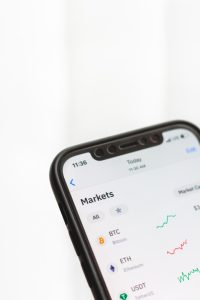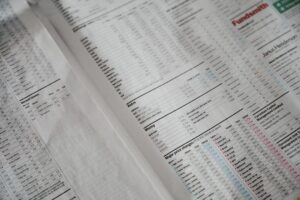Forex trading has gained immense popularity over the years, attracting individuals from all walks of life. As the number of traders continues to grow, so does the number of brokers offering lucrative bonuses to entice potential clients. While some of these bonuses are legitimate and can offer significant benefits to traders, others are nothing more than scams designed to deceive and trap unsuspecting traders. In this article, we will explore the various types of forex bonus scams and provide you with valuable tips for choosing a reputable broker.
Forex bonus scams come in different forms, but they all have one common goal – to take advantage of traders and their hard-earned money. One common type of scam is the “no-deposit bonus” scam, where brokers claim to offer free money for trading without the need for an initial deposit. However, once traders start trading with this bonus, they quickly realize that there are numerous hidden terms and conditions that make it virtually impossible to withdraw any profits made from the bonus.
Another common scam is the “deposit bonus” scam, where brokers promise to match a percentage of the trader’s initial deposit as a bonus. While this may sound appealing, many brokers impose strict trading volume requirements that need to be met before the bonus can be withdrawn. Traders often find themselves trapped in a cycle of endless trading, trying to meet the requirements, eventually losing their initial deposit and any profits made.
To avoid falling victim to forex bonus scams, it is essential to choose a reputable broker. Here are some tips to help you make an informed decision:
1. Research and Reviews: Before opening an account with any broker, take the time to research and read reviews from other traders. Look for brokers that have a solid reputation, positive client feedback, and a long track record in the industry. Avoid brokers that have numerous complaints or negative reviews, as this could be a red flag.
2. Regulation and Licensing: One of the most crucial factors in choosing a reputable broker is ensuring they are regulated and licensed by a recognized financial authority. Regulatory bodies such as the Financial Conduct Authority (FCA) in the UK or the Securities and Exchange Commission (SEC) in the US provide oversight and protection for traders. Always check if the broker you are considering is regulated and licensed by a reputable authority.
3. Transparency: A reputable broker will be transparent about their terms and conditions, including bonus offerings. Look for brokers that clearly state the requirements and conditions for bonuses, including the trading volume needed for withdrawal. Avoid brokers that have vague or convoluted terms and conditions, as this can be a sign of potential scams.
4. Demo Account: A trustworthy broker will offer a demo account that allows traders to practice trading with virtual money. This is an excellent way to test the broker’s platform and services without risking real money. If a broker does not offer a demo account or restricts access to it, it may be a warning sign.
5. Customer Support: A reputable broker will have a responsive and helpful customer support team. Before opening an account, reach out to the broker’s customer support with any questions or concerns you may have. Pay attention to their response time and the quality of their assistance. If the customer support is unresponsive or provides vague answers, it may be best to look for another broker.
In conclusion, forex bonus scams are prevalent in the industry, targeting unsuspecting traders looking to make some extra money. By following the tips mentioned above and conducting thorough research, you can avoid falling victim to these scams and choose a reputable broker that will provide a safe and transparent trading environment. Remember, the key to successful forex trading lies in education, discipline, and choosing the right broker.






